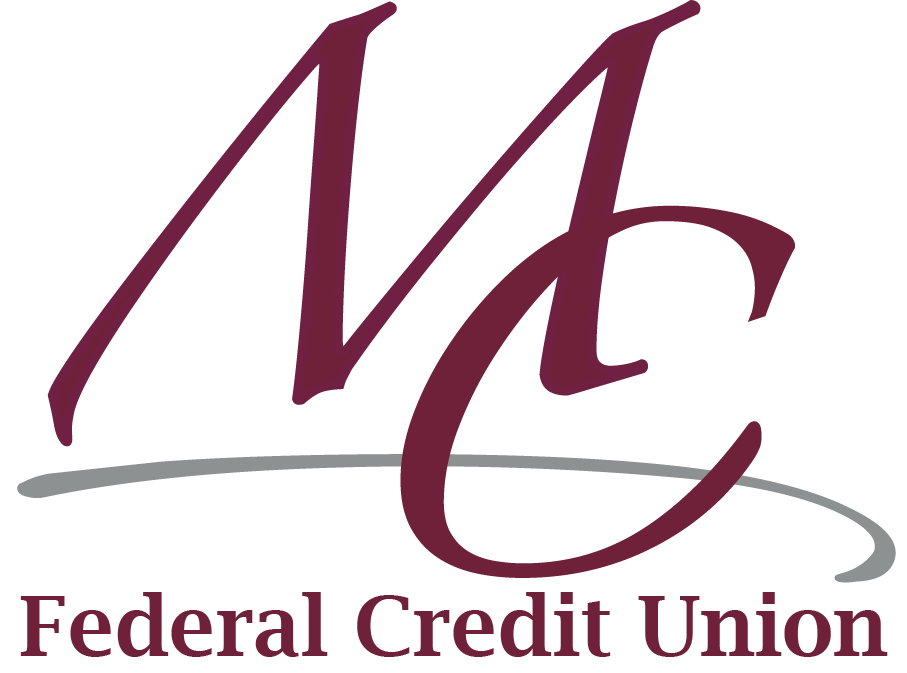Tax filing deadlines are approaching…have you filed yet? To lessen the anxiety of the season, take this opportunity to explore overlooked deductions that can help lower your tax bill. While most people are aware of popular deductions like mortgage interest and charitable contributions, there are several lesser-known categories that can help you save.
Child and Dependent Care
Did you pay for childcare while working or job hunting? If so, you likely meet the criteria. Typically, your child must be 12 or younger and considered your dependent. This credit also applies if you’re paying someone to care for a spouse or dependent (irrespective of their age) if they are incapable of self-care. In most instances, you’ll need to acquire the care provider’s social security number or taxpayer identification number and include it on your return.
State Sales Tax
If you live in a state without income tax, or if you’ve made significant purchases like a vehicle or boat, you may be able to deduct state sales tax on your federal return. This can be especially advantageous for residents of states like Texas or Florida, where there is no state income tax, but substantial sales tax may be incurred on large purchases.
Job Searching
Hunting for a new job? Related expenses may be tax-deductible. Costs such as resume preparation, travel expenses for job interviews, and even fees paid to employment agencies can be claimed as deductions. While there are limitations and criteria to meet, exploring this deduction can ease the financial burden that accompanies unemployment.
Medical Expenses & Health Savings Accounts (HSAs)
Besides the obvious healthcare costs, travel expenses to and from appointments, medically justified home improvements and even some alternative treatments may be deductible. Contributions made to your HSA are also eligible for tax deductions. Not only do the funds in your account grow tax-free when used for qualified health care expenses, but your contributions can also help lower your overall tax liability.
Student Loan Interest Paid by Others
There are instances where parents or others contribute to the repayment of a student loan. In these cases, if the individual is not claimed as a dependent on someone else’s tax return—and is legally obligated to repay the loan—they can still benefit from the tax deduction for the interest paid by others. This gives a valuable opportunity to families or benefactors assisting with educational expenses to alleviate the burden of student loan interest.
Home Office
The IRS allows taxpayers to claim a portion of their home-related expenses, such as mortgage interest, property taxes, utilities, and even a percentage of rent. The deduction is calculated based on the percentage of the home used for business, offering a practical way for self-employed individuals and remote workers to recoup some of the expenses incurred while conducting business from the comfort of their homes.
Educational Expenses
Whether you’re enhancing your skills for your current job or investing in a new career path, some educational deductions can maximize your tax savings and help ease the financial strain. The Lifetime Learning Credit and the American Opportunity Credit are two valuable options. These credits cover qualified education expenses, including tuition, fees, and course materials.
Energy-Efficient Home Improvements
If you’ve invested in energy-efficient upgrades for your home, such as solar panels, energy-efficient windows, or a new HVAC system, you may be eligible for tax credits. The Residential Renewable Energy Tax Credit and the Non-Business Energy Property Tax Credit can provide substantial savings. Not only do these improvements help the planet, but they can also boost your tax refund.
Note that GreenPath Financial Wellness does not provide legal or tax advice, this information is intended for general guidelines only. Connect with your financial institution to see what tax resources they have available and check out these tips on how to allocate wisely if you’re receiving a tax refund this year:







